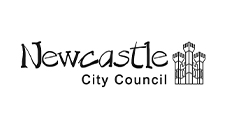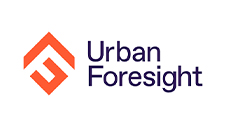Data analytics to maximise council tax collection rates

Increasing the target collection rate for council tax to 98% would generate additional revenues of £1.3 million per year.
From 2020, Newcastle City Council’s services will be almost entirely dependent on funding from council tax and business rates.
Whilst the percentage of uncollected tax and rates are small, they provide an opportunity to secure a valuable source of additional revenue. These revenues, however, are the most difficult to collect.
In recent years, a programme of continuous service improvement has enabled the Council to increase its Council Tax collection rate from around 93% to around 97% of council tax owed, outperforming most similar authorities.
Whilst data management and controls are well-established disciplines within the Council Tax team, its ability to make further improvements was constrained by the fragmented and disparate nature of the available data.
The need for this operational data was also impacting forward planning, resource allocation, problem analysis, and service improvement.
Solving the problem
Urban Foresight ran a focused sprint that involved key members of the Council Tax team. This activity identified the:
- required service improvement goals, challenges and opportunities;
- key performance indicators (KPIs) required to measure performance and delivery;
- data required for operational insight/improvement and service innovation;
- availability and quality of the data required;
- consistency of data standards and definitions.
Urban Foresight then used this to design an accessible digital dashboard tool for translating operational data into business intelligence.
The final stage of the programme involved the development of a structured transformation plan. This formalised data management responsibilities, processes, and provided guidance on how to enhance the team’s analytical and reporting capabilities.
Guidance was also provided on how to integrate the dashboard with the service’s other digital tools, including new document, call management, online forms and automation systems.
Key outcomes
The operational management dashboard represents a key component of the continuous improvement team’s toolset for supporting new ways of working.
Increasing the target collection rate for council tax to 98% would generate additional revenues of £1.3 million each year.
The Council identified that the approach developed with Urban Foresight could also be applied to improve the collection of Business Rates.
This initial work will also provide the foundation skills and knowledge for combining council tax databases with external data sets to secure further improvements in collection rates and operational efficiencies.
Partners
Similar Stories
Northumbrian Water: Interruption to Supply Risk Mapping using Spatial R Package
Jumping Rivers has worked with Northumbrian Water to develop a tool that identifies the risk of interruption to water supply.
Empowering patients and professionals with transformative technology
A renowned life science enterprise and Monstarlab worked to develop an innovation funnel for the company’s digital app services.
Strengthening data analyst skills to optimise battery systems
Embedding new data science skills into their organisation Working with NICD, Connected Energy...
PYRAMID real-time platform for flood risk assessment
Developing a digitally-enabled environment which benefits policymakers, businesses, communities and individuals
Connected homes as living labs for energy management technologies
55 homes in Newcastle have been fitted with equipment to become living labs for the energy sector.
Helping communities use sensors to solve local issues
SenseMyStreet is a toolkit that enables local communities to commission sensors that collect environmental data about their street.









